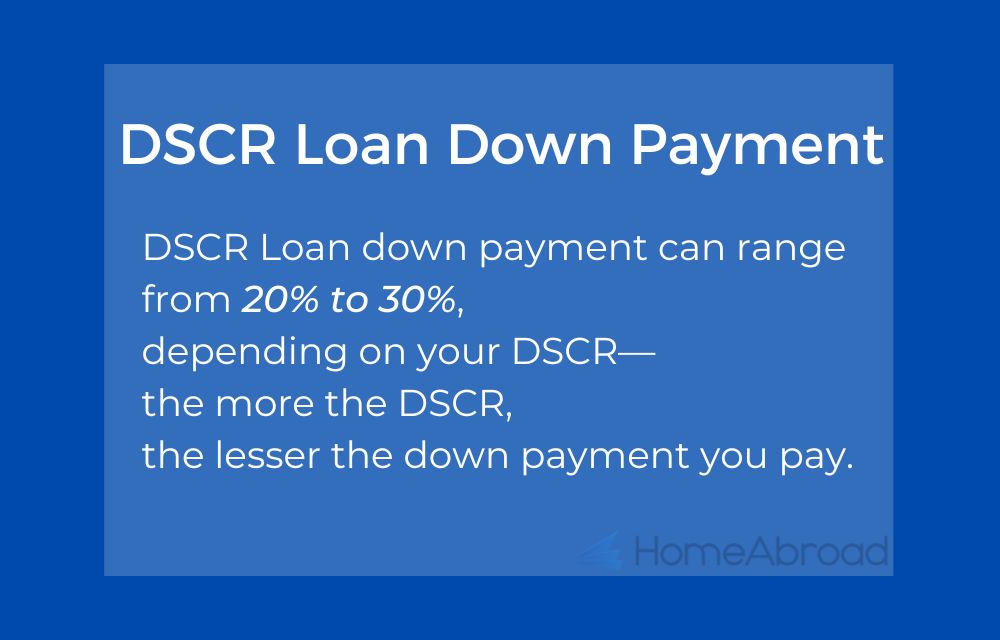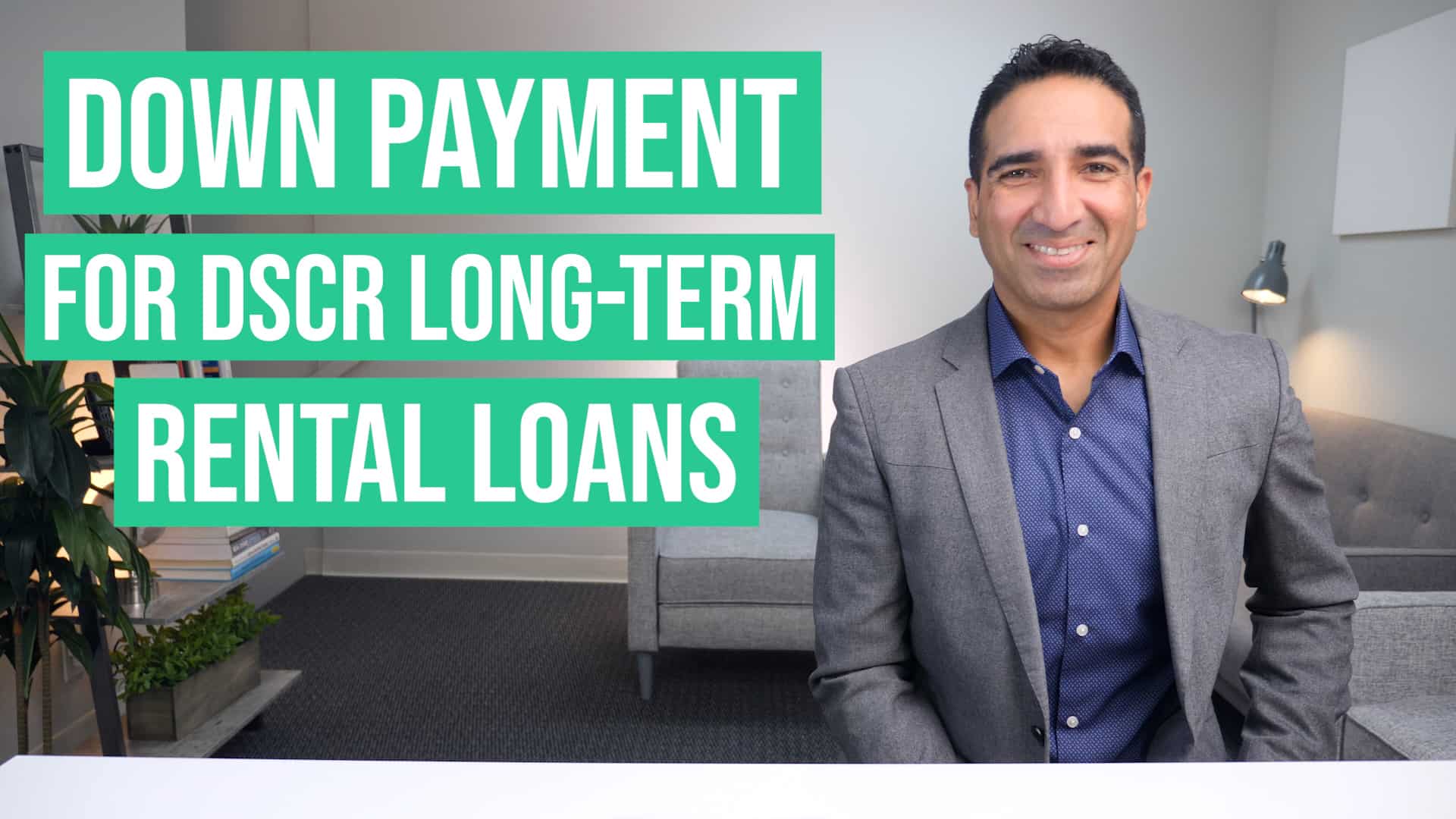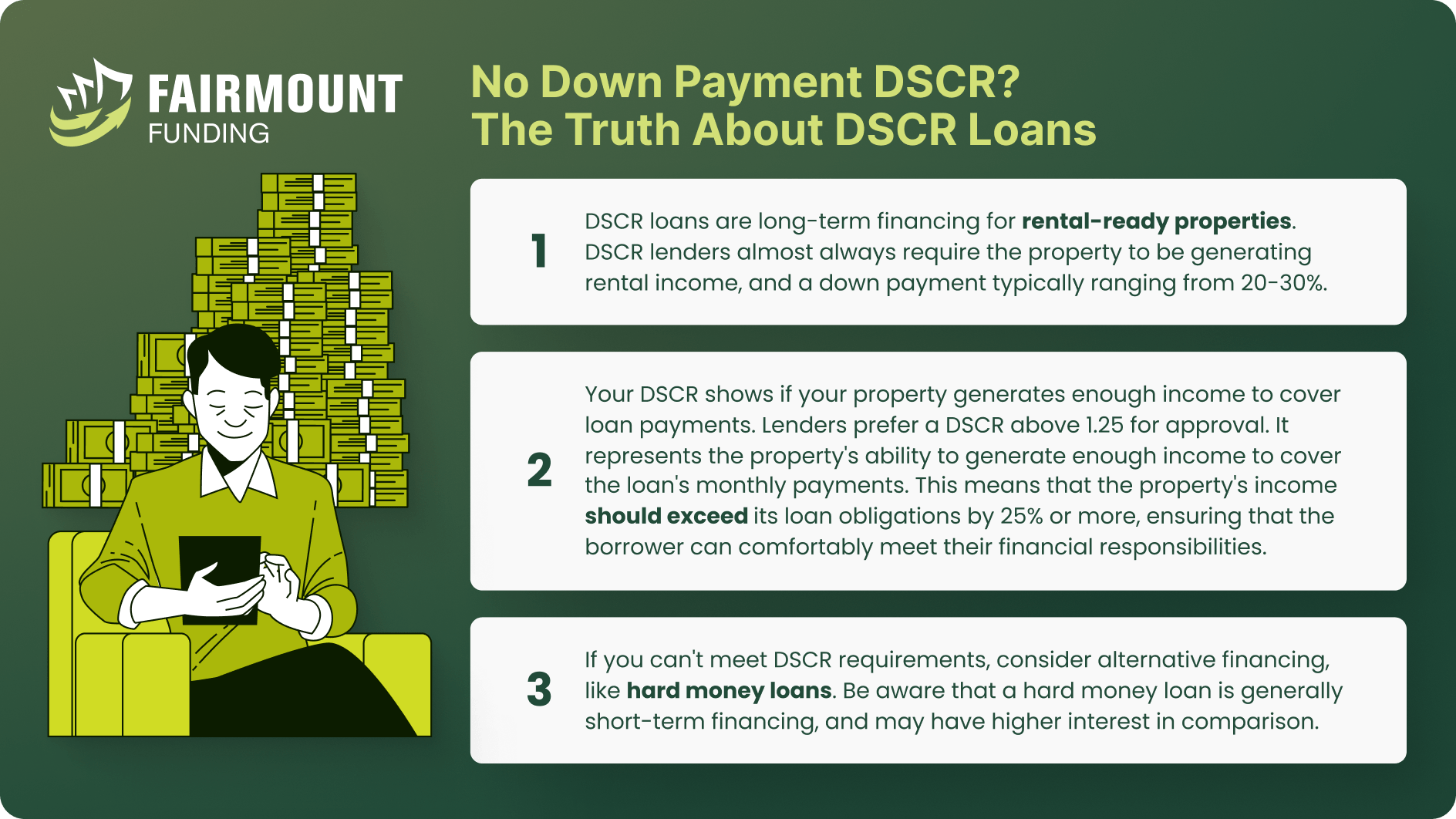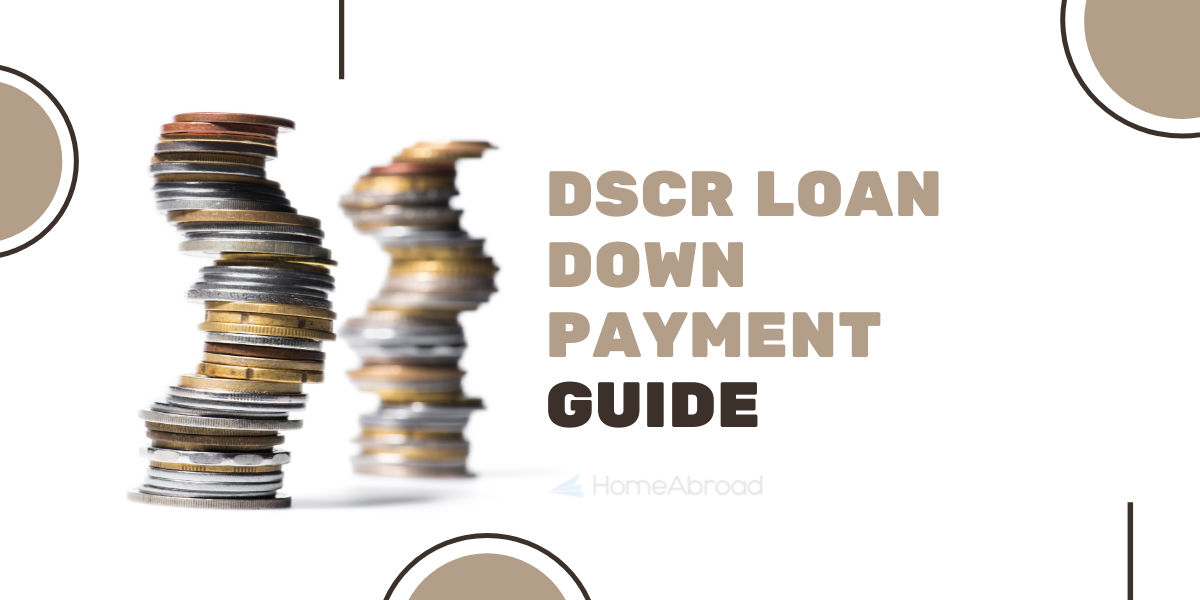In the complex world of real estate financing, DSCR loans have gained popularity for their unique approach to investment properties. This article delves into the details of DSCR loan down payments, comparing platforms, services, and providing essential tips to help you navigate this financial landscape.
What is a DSCR Loan?
The Debt Service Coverage Ratio (DSCR) loan is a financing option primarily used for investment properties. It assesses the property’s income relative to the debt obligations, ensuring that the property generates sufficient cash flow to cover its mortgage payments. The DSCR is calculated by dividing the net operating income by the total debt service.
Why DSCR Matters
Understanding the DSCR is crucial for investors as it helps gauge investment viability. A DSCR of more than 1 indicates that the property generates enough income to cover its debt obligations. Generally, lenders prefer a DSCR of 1.25 or higher, indicating a buffer for potential vacancies or unexpected expenses.
The Importance of Down Payments
Down payments play a pivotal role in securing a DSCR loan. They influence loan amounts, interest rates, and overall financing terms. Knowing how much to put down can significantly affect your investment strategy.
Typical Down Payment Requirements
Most DSCR loans require down payments ranging from 15% to 25%. However, the exact amount can vary based on the lender and the property’s location.
Strategies for DSCR Loan Down Payments
When considering a DSCR loan, several strategies can help optimize your down payment approach:
1. Save for a Larger Down Payment
By saving more upfront, you can secure better loan terms and lower monthly payments. Aim for at least 20% to mitigate private mortgage insurance (PMI) costs.
2. Utilize Down Payment Assistance Programs
Many states offer down payment assistance programs, which can be a valuable resource for qualifying investors. Check local housing authority websites for available options.
3. Explore Gift Funds
If you have family or friends willing to help, gift funds can cover down payment costs. Ensure that the funds are properly documented to satisfy lender requirements.

Platforms and Services for DSCR Loans
Various platforms and services can assist you in securing DSCR loans, ranging from traditional banks to online lenders. Here’s how they compare:
| Platform/Service | Down Payment Options | Interest Rates | Application Process |
|---|---|---|---|
| Local Banks | 15% – 25% | 3% – 6% | In-person & Online |
| Credit Unions | 15% – 25% | 2.5% – 5.5% | In-person & Online |
| Online Lenders | 20% + | 3% – 7% | Fully Online |
| Mortgage Brokers | 15% – 25% | 3% – 6% | In-person & Online |

Pros and Cons of Different Financing Options
Understanding the advantages and disadvantages of various financing platforms can help you make an informed decision:
Pros
- Local Banks: Familiarity with the local market can provide personalized service.
- Credit Unions: Often offer lower interest rates and fees.
- Online Lenders: Convenience and typically faster approval times.
- Mortgage Brokers: Access to a variety of lenders and loan options.

Cons
- Local Banks: May have stricter lending criteria.
- Credit Unions: Membership requirements can be a barrier.
- Online Lenders: Impersonal service and potential hidden fees.
- Mortgage Brokers: Additional fees and potential conflicts of interest.
Tips for Securing a DSCR Loan with an Optimal Down Payment
Here are practical tips to navigate the DSCR loan landscape effectively:
1. Understand Your Credit Score
Your credit score significantly impacts your loan terms. Aim for a score of at least 700 for favorable rates.

2. Prepare Necessary Documentation
Have all required documents ready, including tax returns, bank statements, and property details. This can expedite the application process.
3. Consult with an Expert
Consider working with a financial advisor or mortgage broker who specializes in investment properties to guide you through the process.

Common FAQs about DSCR Loan Down Payments
What is the minimum down payment for a DSCR loan?
The minimum down payment typically ranges between 15% and 25%, depending on the lender and the borrower’s financial profile.
Can I use gift funds for my down payment?
Yes, many lenders accept gift funds from family or friends, but proper documentation is needed to verify the source of the funds.

What is the impact of a larger down payment on my DSCR loan?
A larger down payment can reduce your monthly payments, lower your loan-to-value ratio, and potentially qualify you for better interest rates.
Do DSCR loans require private mortgage insurance (PMI)?
Typically, if your down payment is less than 20%, lenders may require PMI to protect against default.

In Conclusion
Understanding the intricacies of DSCR loan down payments is crucial for investors aiming to maximize their returns. By leveraging the right strategies and platforms, you can navigate this financial landscape with confidence. As you embark on your investment journey, remember that informed decisions often lead to successful outcomes. For more information on mortgage loans and financing options, check the HUD website, which provides valuable resources for homebuyers in the USA.